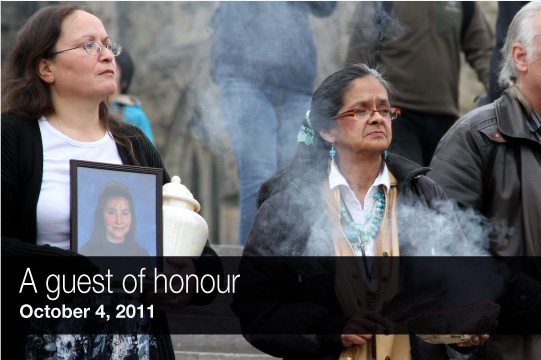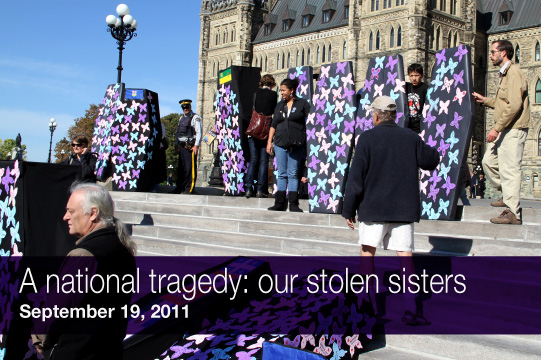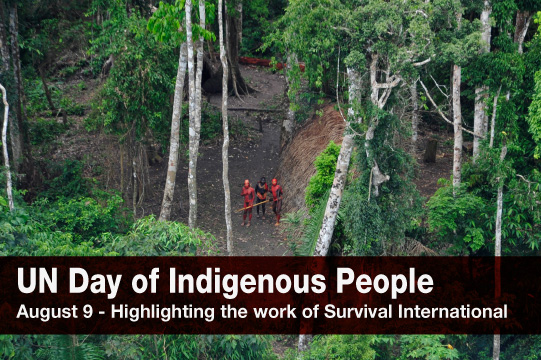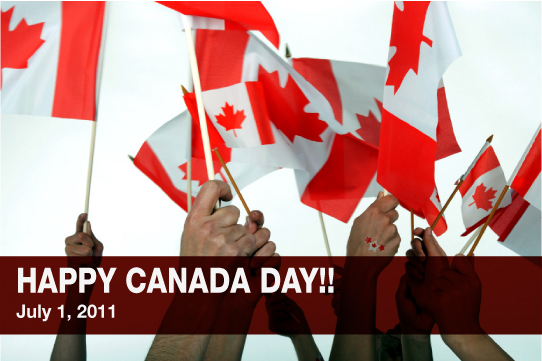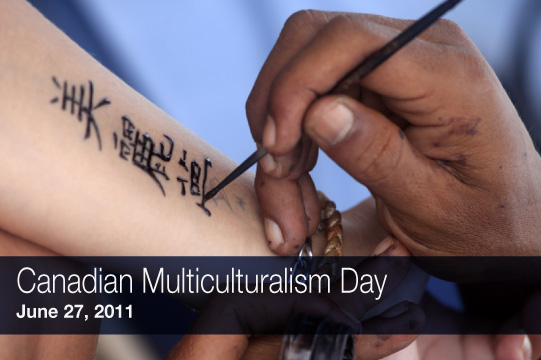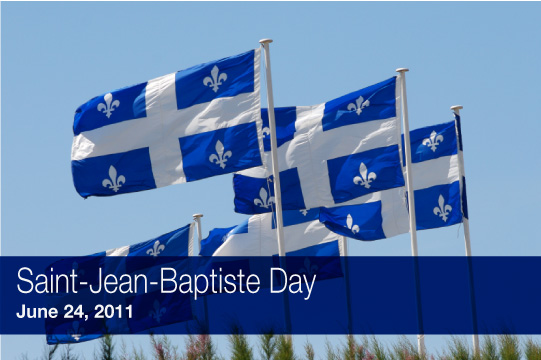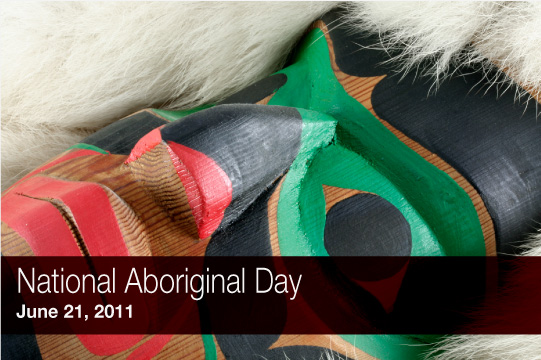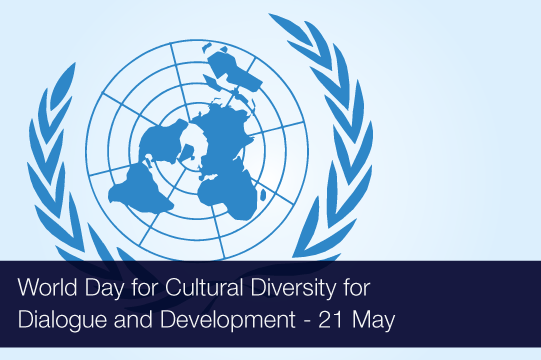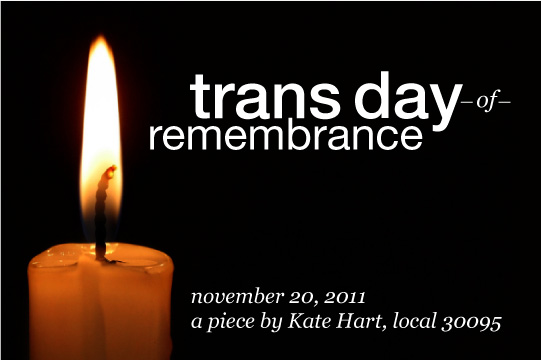
As we approach November 20, the Trans Day of Remembrance, I wish to challenge my union brothers and sisters.
If you truly wish to remember and honour my dead brothers and sisters, then support our battle for human rights equality in this country. They have died due to violence, bigotry, hatred and societal neglect.
Most of you will understand violence, bigotry and hatred. But do you understand societal neglect? It’s a form of abandonment that says “I have my rights, so what’s the big deal?” Have you ever been told you weren’t allowed to use a washroom appropriate to your gender or been asked to leave one because someone told you that you don’t belong there? Have you ever been denied accommodations or been fired for being yourself?
This is a daily fact of life for many in my community. There are segments of society that would make it illegal for me to use a gender-appropriate washroom in public. There are those that would say it’s okay for me to be denied housing or a job because of how I was born.
There are also those that would take more direct action because, somehow, I offend their delicate sensibilities as to what they deem “right” or “normal” or even “acceptable”. Those are the people that beat, maim and kill my brothers and sisters – and would potentially do the same to me.
I do not like having to live my life in a heightened state of awareness, always performing an ongoing threat assessment of those around me. I do not like having to constantly make mental notes of exits and escape routes. But for me, and those like me, that is the world we live in.
Our world is like this because we are denied rights enjoyed by others – fundamental rights that never even cross your mind. In the eyes of many, we are somehow less than human and not deserving of the rights enjoyed by the majority.
I am here to tell you we are as human as the rest of you. I am here to tell you that I am as equal as everyone else around me. Just because I do not fit into some people’s preconceived notions of the binary nature of gender does not mean I deserve to die, be beaten, maimed, spit on, or maltreated.
The labour movement has always fought for equity and equality for all its members. It has been at the forefront of almost every major step forward in advancing the rights of workers. In many cases, these advances have been mirrored legislatively, not long after. Furthermore, these advances have helped to shape human rights legislation in multiple jurisdictions.
To me, this is a fundamental union principle. It’s no different than the fight to bring women into the workplace or the fight for pay equity.
This is about equity and equality for all of us. It is the right thing to do.
So, here is my challenge for you:
- Make this a core demand in the next round of bargaining with the employer, and don’t let it be dealt away.
- Contact your brothers and sisters in the union, at the local and national levels, and tell them to stand up and do what is right.
- Phone, write or email your MPs and tell them that this is an important issue. Ask them to support the reintroduction of the bill explicitly enshrining these rights in the Canadian Human Rights Act.
The question is not “why should we do this?” – the question is “why shouldn’t we?”
We all know this is the right thing to do. Now we just have to do it.
Kate Hart
Human Rights Rep.
Local 30095
Union of National Employees
